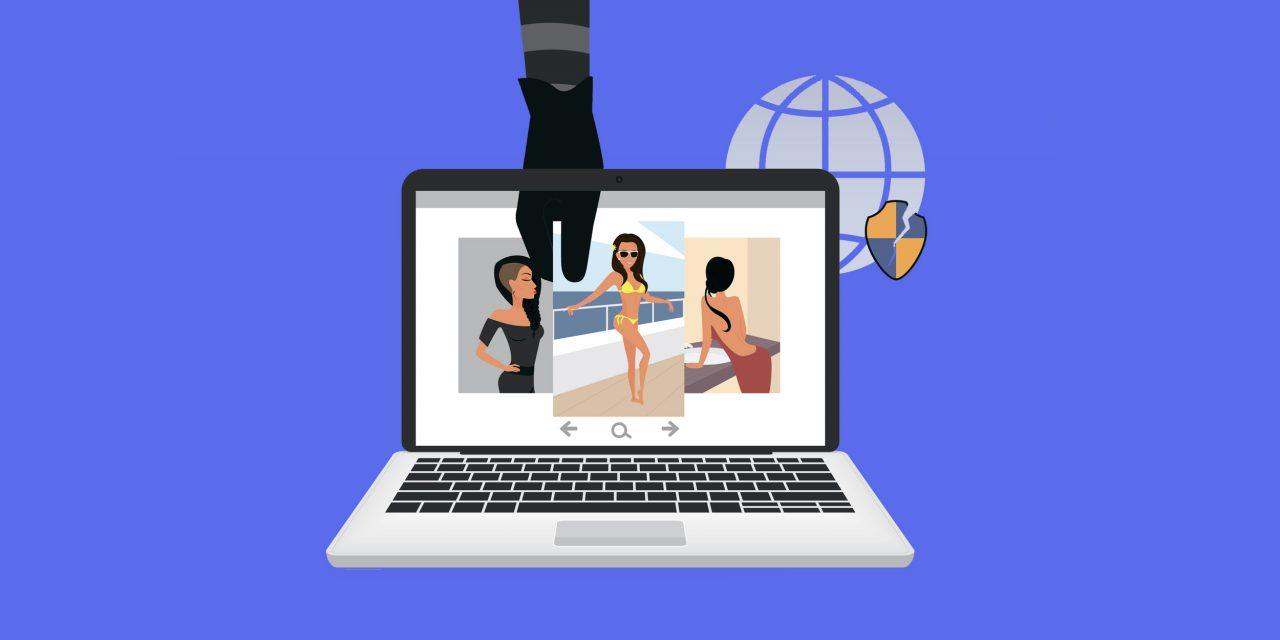Actions you should take to ensure that only you can use your data.
Windows spies on you, sending telemetry to Microsoft, and Google remembers your search queries and analyzes the content of your emails to flood you with ads. Of course, you can ignore it. But it's not just big corporations that are interested in your data. It can be simple scammers and extortionists. Even your relatives or colleagues may open your laptop and see something not intended for other people's eyes.
To keep your files, passwords, correspondence, and other confidential information safe, you need to take care of security. You don't have to follow all of the guidelines outlined below. But you can read them and decide which of them might be useful to you.
Encrypt your data.
If your system is password-protected, an intruder could easily reset it by booting from an external drive if you leave your computer unattended. There is no need to reset the password - any live Linux distribution can easily read and copy your data. That's why you need to take steps to encrypt it.
Both Windows, macOS, and Linux have built-in encryption tools. Use them, and your documents will be inaccessible to others, even if your laptop falls into the wrong hands.
Use password managers.
Using meaningful past phrases and memorizing them is not a good idea. Use password managers. Generate a new random password every time you create an account.
Better yet, use password managers that store their databases locally. A great choice is KeePass. It's open-source, has clients for all popular platforms, and can protect your passwords with passphrases and key files. KeePass uses a strong encryption mechanism: even if a copy of your database is stolen, it will be useless to an intruder.
Switch to private messengers.
Skype, Telegram, Snapchat, WhatsApp, and other proprietary messengers are convenient but have some critical shortcomings related to privacy. What kind of privacy can we discuss if your correspondence is stored on a remote server? For example, it is easy and simple to access another person's correspondence through snapchat-hack. To save the secrecy of your correspondence, use decentralized messengers. They do not use servers, connecting users' clients directly. The most popular options are:
Tox. An advanced P2P messenger. Tox is fully decentralized, and communications between users are securely encrypted. There are clients for Windows, Linux, macOS, and Android. It supports voice, video, and screen sharing, and you can create conferences.
To save the secrecy of your correspondence, use decentralized messengers. They don't use servers, connecting users' clients directly. The most popular options are.
Use Tor.
Even if you use incognito mode in Chrome or Firefox all the time, your activity on the web can still be tracked by the Internet provider, system administrator of your network, or a browser developer. To make surfing truly private, it's worth using Tor, which uses the onion routing principle.
Forget cell phones.
If you're paranoid, you haven't used a cell phone in a long time. Instead, you can buy a USB modem, stick it in your netbook, and make VoIP calls with AES encryption.
If you don't want to go that far but are still concerned about the privacy of your phone calls, buy an Android smartphone and install third-party open-source firmware like LineageOS (formerly CyanogenMod). Do not use services from Google on your phone. Don't install Google Play. Use third-party open-source repositories like F-Droid. And install Adblock on your phone.
Absolute privacy is unattainable in principle. But the techniques mentioned above can protect you from confidential data theft by fraudsters, from the curiosity of colleagues sitting at the same table with you, and from the annoying attention of Google and Microsoft marketers.


